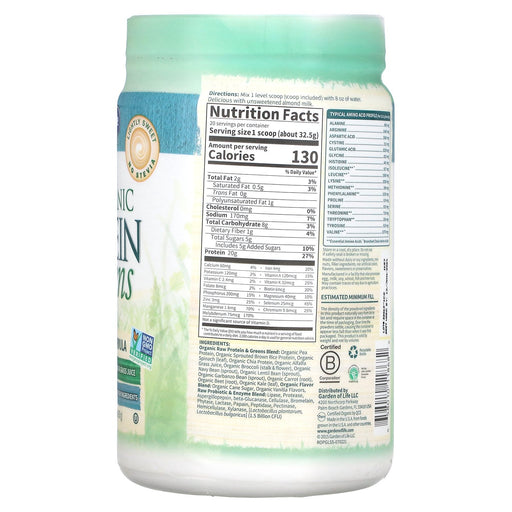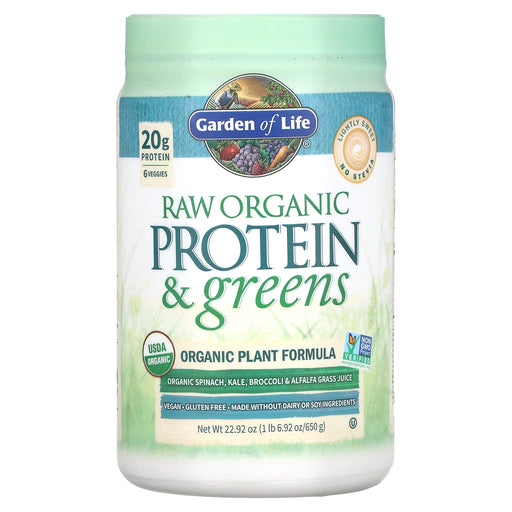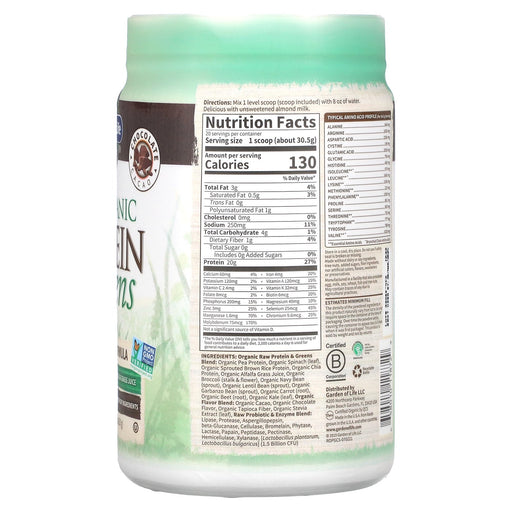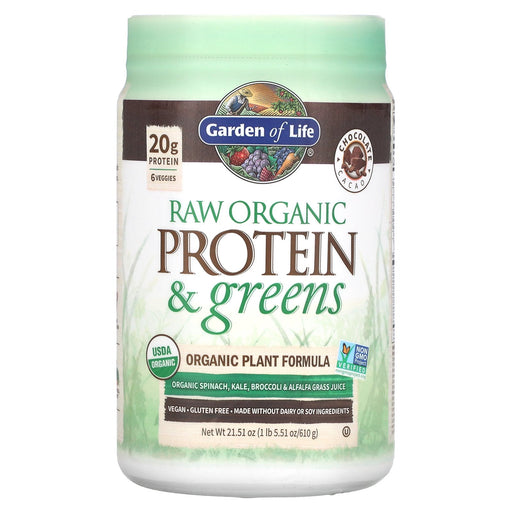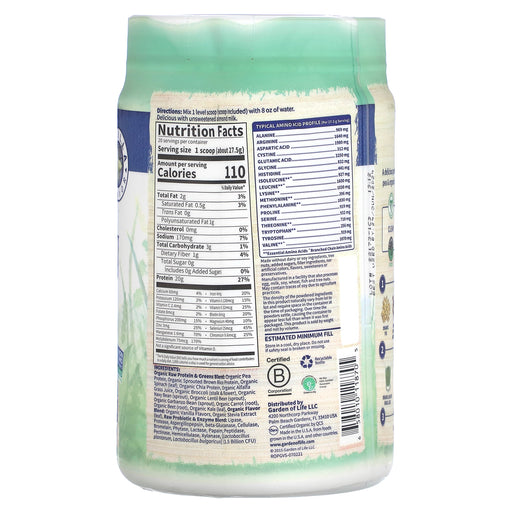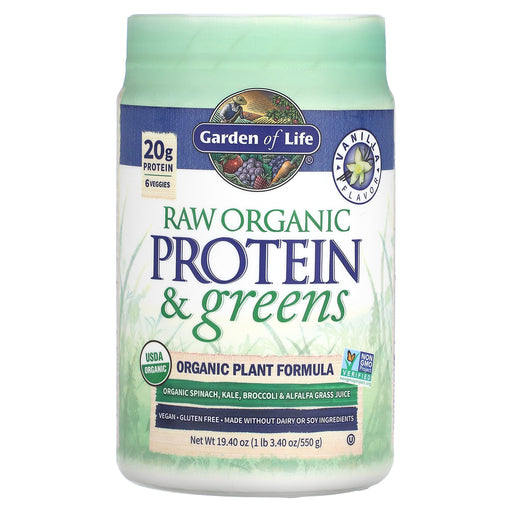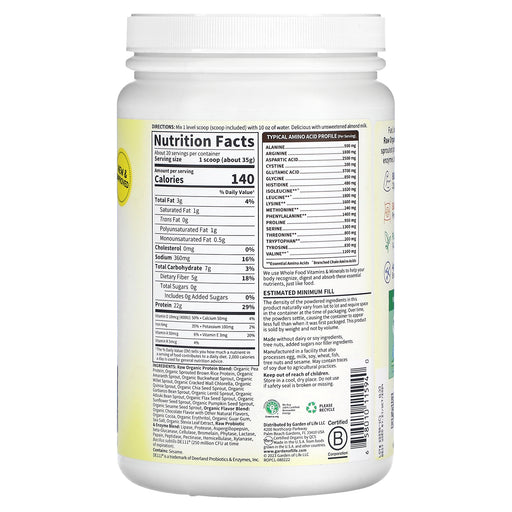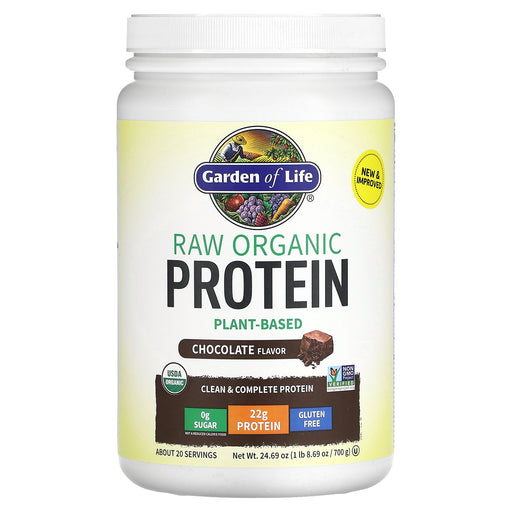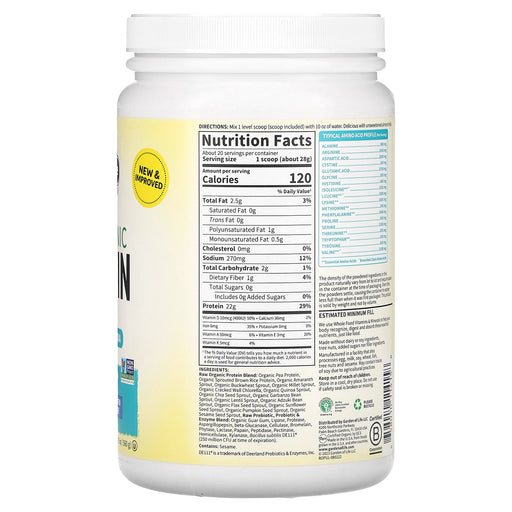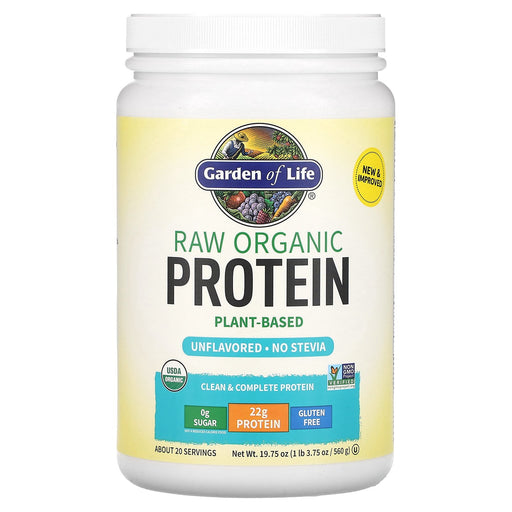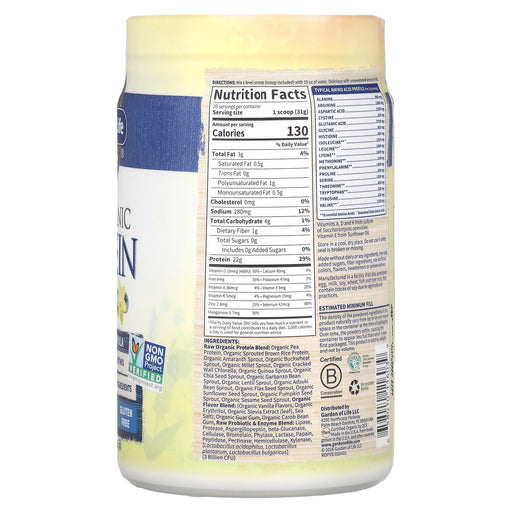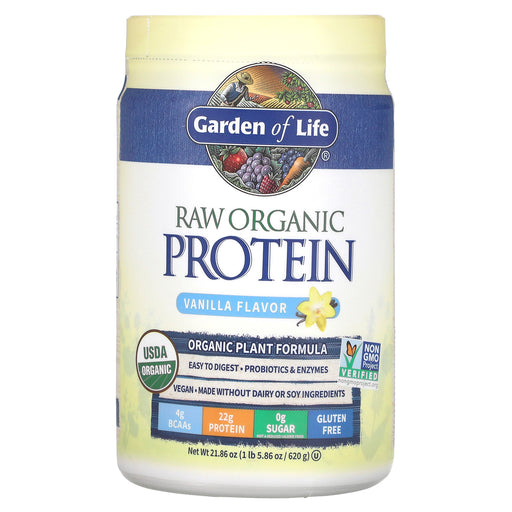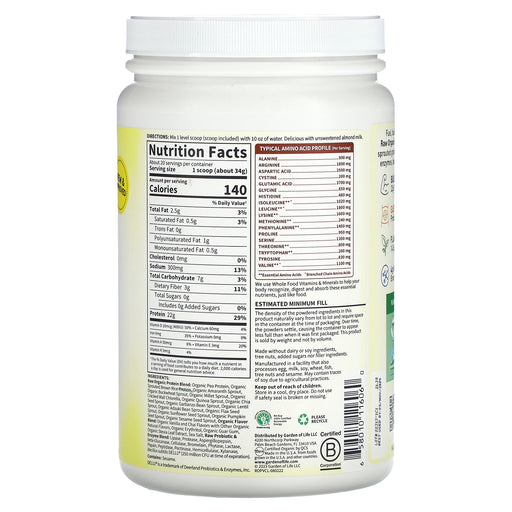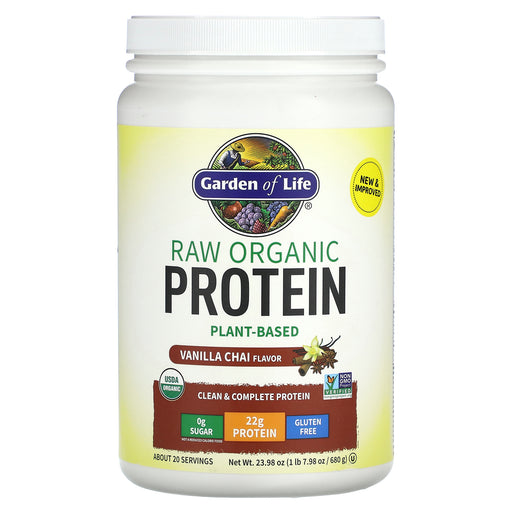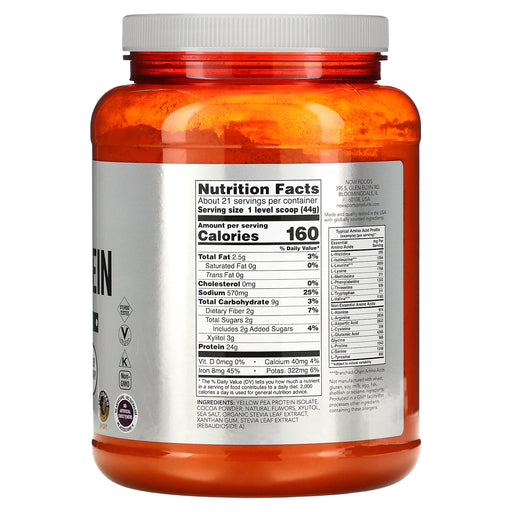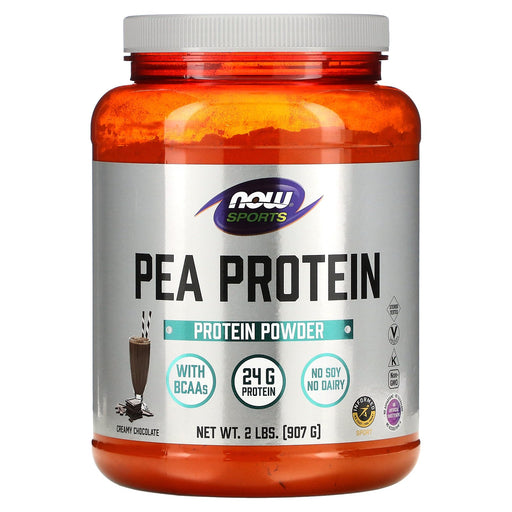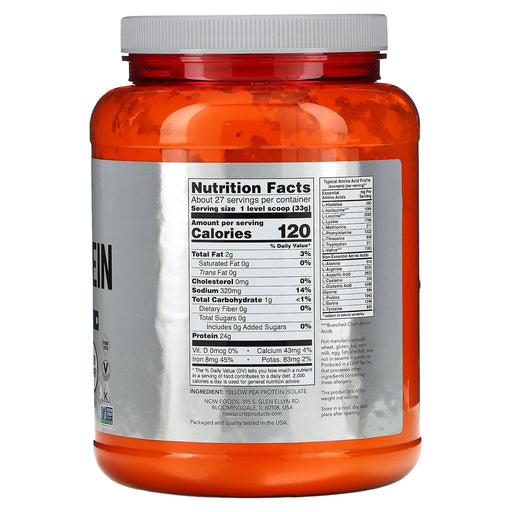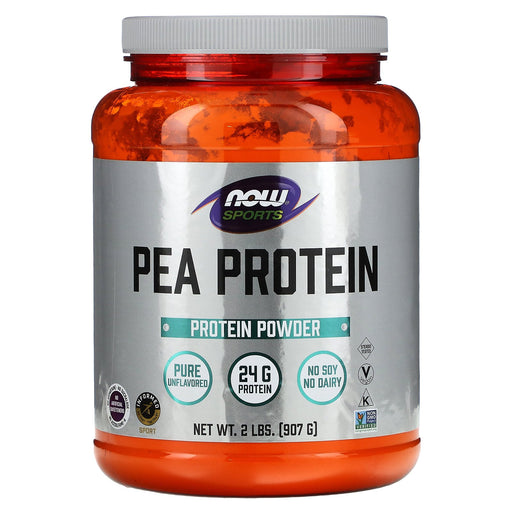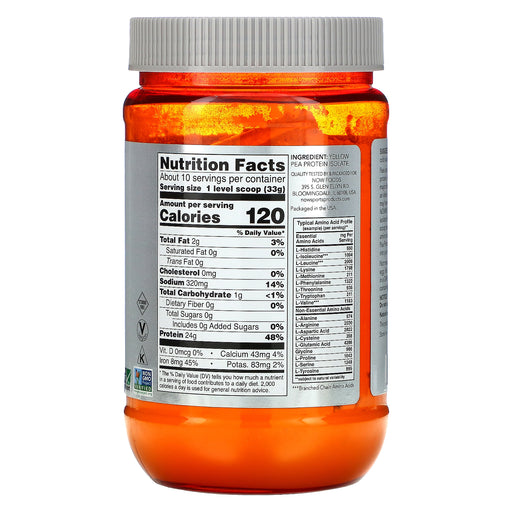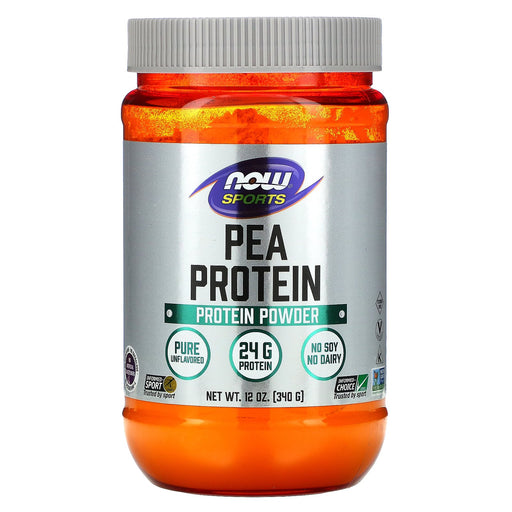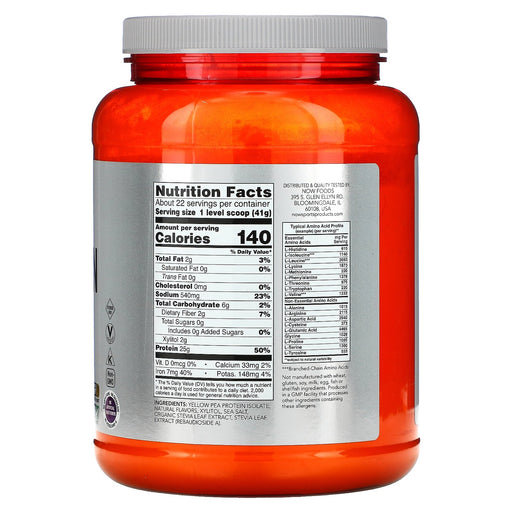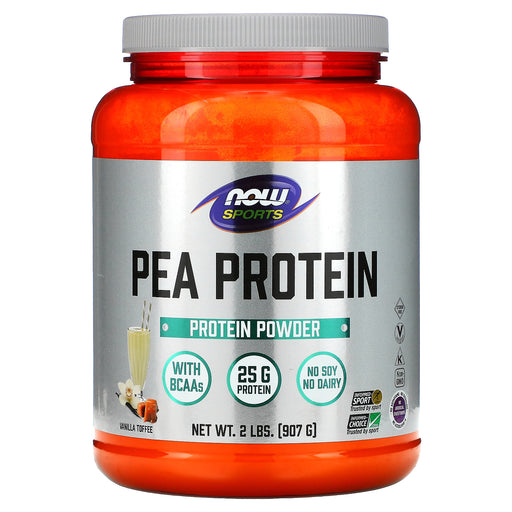
Fuel Your Active Lifestyle with Plant-Based Protein
Plant-based protein supplements have gained popularity among health-conscious individuals looking to support their fitness goals and overall well-being. These supplements provide a convenient and effective way to boost your protein intake, while also offering a variety of potential health benefits.
The Advantages of Plant-Based Protein
Incorporating plant-based protein supplements into your diet offers several key advantages, including:
- Muscle Support: Protein is essential for building, repairing, and maintaining muscle tissue, making plant-based protein supplements an excellent choice for active individuals and athletes.
- Digestive Comfort: Many plant-based proteins, such as pea and rice protein, are easily digestible and less likely to cause digestive discomfort compared to some animal-based proteins.
- Heart Health: Plant-based proteins are often low in saturated fat and free from cholesterol, supporting overall heart health.
- Nutrient Density: In addition to protein, plant-based supplements often contain a variety of vitamins, minerals, and beneficial compounds like antioxidants and fiber.
- Sustainable and Ethical: Choosing plant-based protein supplements supports a more sustainable and ethical approach to nutrition, as they have a lower environmental impact compared to animal-based proteins.
Types of Plant-Based Protein
Plant-based protein supplements are derived from various sources, each with its own unique nutritional profile and benefits. Some of the most popular types of plant-based protein include:
- Pea Protein: Derived from yellow peas, pea protein is a highly digestible, hypoallergenic option that is rich in essential amino acids, particularly branched-chain amino acids (BCAAs) that support muscle growth and recovery.
- Brown Rice Protein: Brown rice protein is a gentle, easily digestible protein source that is suitable for those with allergies or sensitivities to other protein sources. It provides a balance of essential and non-essential amino acids, as well as nutrients like fiber and minerals.
- Hemp Protein: Hemp protein is derived from nutrient-dense hemp seeds and is known for its rich content of essential fatty acids, fiber, minerals, and antioxidants, making it a well-rounded choice for overall health and well-being.
- Soy Protein: Soy protein is a complete protein source, containing all nine essential amino acids. It has been shown to support muscle growth and recovery, as well as heart health.
- Pumpkin Seed Protein: Pumpkin seed protein is a nutrient-rich option that provides a balance of essential amino acids, as well as minerals like zinc, magnesium, and iron, which support immune function, energy production, and overall health.
Choosing the Best Plant-Based Protein Supplement
When selecting a plant-based protein supplement, consider the following factors to ensure you choose the best product for your needs:
- Quality and Purity: Look for supplements that are made with high-quality, organic ingredients whenever possible, and free from artificial additives, fillers, and contaminants.
- Protein Source: Consider your individual dietary needs and preferences when choosing a plant-based protein source, such as pea, brown rice, hemp, soy, or pumpkin seed.
- Amino Acid Profile: Opt for protein supplements that provide a balanced amino acid profile, particularly those rich in essential amino acids and BCAAs that support muscle health and recovery.
- Brand Reputation: Choose plant-based protein supplements from reputable brands with a history of producing high-quality, effective products and a commitment to transparency and safety.
- Taste and Mixability: If you plan on consuming your plant-based protein supplement as a beverage or shake, consider factors like taste and mixability to ensure a pleasant experience and easy incorporation into your daily routine.
Maximizing the Benefits of Plant-Based Protein Supplements
To get the most out of your plant-based protein supplement, consider the following tips:
- Time Your Intake: Consume your plant-based protein supplement within 30 minutes to an hour after exercise to support muscle recovery and growth, or throughout the day as needed to meet your daily protein requirements.
- Combine with Resistance Training: Pair your plant-based protein supplement with a regular resistance training program to maximize muscle-building and strength gains.
- Stay Hydrated: When consuming plant-based protein supplements, particularly those high in fiber, be sure to drink plenty of water throughout the day to support optimal digestion and nutrient absorption.
- Vary Your Protein Sources: While plant-based protein supplements are a convenient and effective way to boost your protein intake, it's essential to consume a variety of protein sources from whole foods as well, such as legumes, nuts, seeds, and whole grains.
- Store Properly: Keep your plant-based protein supplement in a cool, dry place, away from direct sunlight and heat, to maintain its potency and freshness.
Achieve Your Fitness Goals with Plant-Based Protein
If you're looking to support your active lifestyle and overall well-being with the power of plant-based nutrition, these protein supplements are an excellent choice. By providing a convenient and effective way to boost your protein intake, plant-based protein supplements can help you achieve your fitness goals and optimize your health.
Witness the potential of these nourishing supplements by exploring our curated selection of high-quality plant-based protein powders. With a commitment to purity, efficacy, and your individual needs, Health Orchard is here to support you on your journey towards optimal health and vitality.
Frequently Asked Questions about Plant Based Protein
1. Is plant-based protein supplement good for you?
Plant-based protein supplements can be a healthy and beneficial addition to your diet, especially for vegans, vegetarians, or those looking to reduce their animal protein intake. They provide essential amino acids necessary for muscle growth, repair, and overall health. Plant-based protein supplements are often easier to digest and have a lower risk of causing inflammation compared to animal-based proteins. They are also rich in fiber, antioxidants, and other beneficial nutrients. However, it is essential to choose high-quality products and consume them as part of a balanced diet.
2. What is the best source of plant-based protein?
Some of the best sources of plant-based protein include:
- Soy products (tofu, tempeh, edamame)
- Legumes (lentils, beans, chickpeas)
- Quinoa
- Nuts and seeds (almonds, chia seeds, hemp seeds)
- Pea protein
- Brown rice protein
- Spirulina
- Nutritional yeast
The best source of plant-based protein will depend on individual preferences, dietary needs, and amino acid profile. Combining different plant-based protein sources can help ensure a complete amino acid profile and optimal nutrition.
3. What is the healthiest plant protein powder?
The healthiest plant protein powder will vary depending on individual needs and preferences, but some top options include:
- Pea protein powder: Easily digestible, hypoallergenic, and rich in essential amino acids
- Hemp protein powder: Contains healthy fats, fiber, and minerals, in addition to protein
- Brown rice protein powder: Gentle on the digestive system and suitable for those with allergies
- Soy protein powder: Complete protein source with beneficial isoflavones
- Pumpkin seed protein powder: Rich in zinc, magnesium, and iron
When choosing a plant protein powder, look for products that are minimally processed, third-party tested for purity and potency, and free from added sugars and artificial ingredients.
4. Is there any side effects of plant-based protein?
Plant-based protein supplements are generally well-tolerated and have a lower risk of side effects compared to animal-based proteins. However, some people may experience:
- Digestive discomfort (bloating, gas, diarrhea)
- Allergic reactions (if sensitive to certain plant proteins)
- Interactions with medications (e.g., soy protein may interact with thyroid medication)
- Nutrient deficiencies (if relying solely on plant protein supplements)
To minimize the risk of side effects, choose high-quality products, consume them in moderation as part of a balanced diet, and consult with a healthcare professional if you have any pre-existing health conditions or concerns.
5. What are 3 disadvantages of plant protein?
While plant proteins offer many benefits, there are some potential disadvantages to consider:
- Lower biological value compared to animal proteins, meaning they may be less efficiently utilized by the body
- Incomplete amino acid profile in some cases, requiring a combination of different plant proteins for optimal nutrition
- Potential for digestive discomfort, especially if consuming large amounts or if sensitive to certain plant compounds (e.g., lectins, phytates)
- Higher risk of nutrient deficiencies if relying solely on plant proteins and not consuming a balanced diet
- Possible interactions with medications or health conditions, particularly with soy protein
However, these disadvantages can often be mitigated by choosing high-quality products, combining different plant protein sources, and consulting with a healthcare professional.
6. Is plant protein safe for kidneys?
Plant protein is generally considered safe for kidney health and may even offer some benefits compared to animal protein. Plant proteins produce less acid in the body, which can help reduce the workload on the kidneys. They are also lower in purines, which can help prevent the formation of kidney stones. However, individuals with pre-existing kidney conditions should consult with a healthcare professional before making significant changes to their protein intake, as some plant proteins (e.g., soy) may not be suitable in certain cases.
7. Does plant-based protein raise creatinine?
Plant-based protein is less likely to raise creatinine levels compared to animal-based protein. Creatinine is a waste product produced by muscle metabolism, and its levels in the blood can be an indicator of kidney function. Animal proteins tend to have higher levels of creatine, which can break down into creatinine and potentially raise blood levels. Plant proteins, on the other hand, have little to no creatine and are less likely to contribute to elevated creatinine levels. However, individuals with kidney conditions should still monitor their plant protein intake and consult with a healthcare professional.


